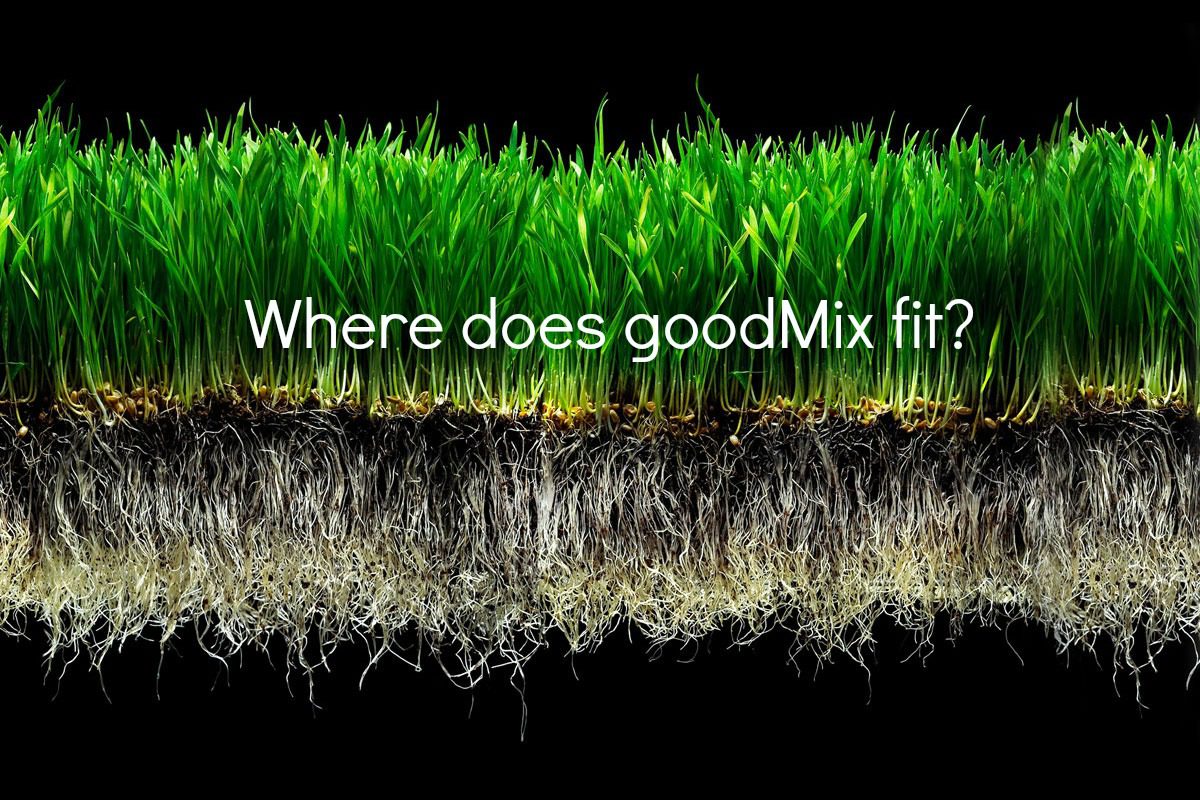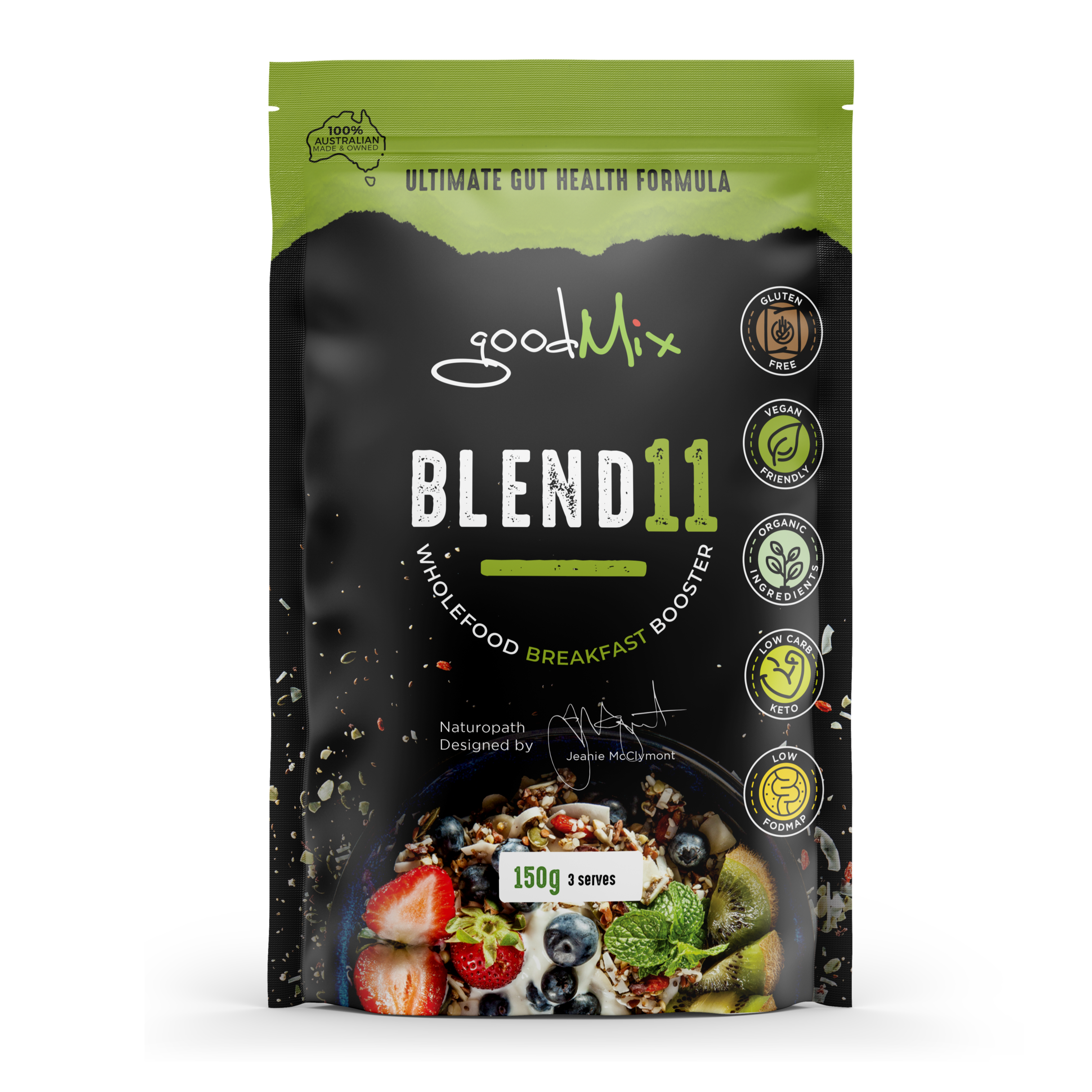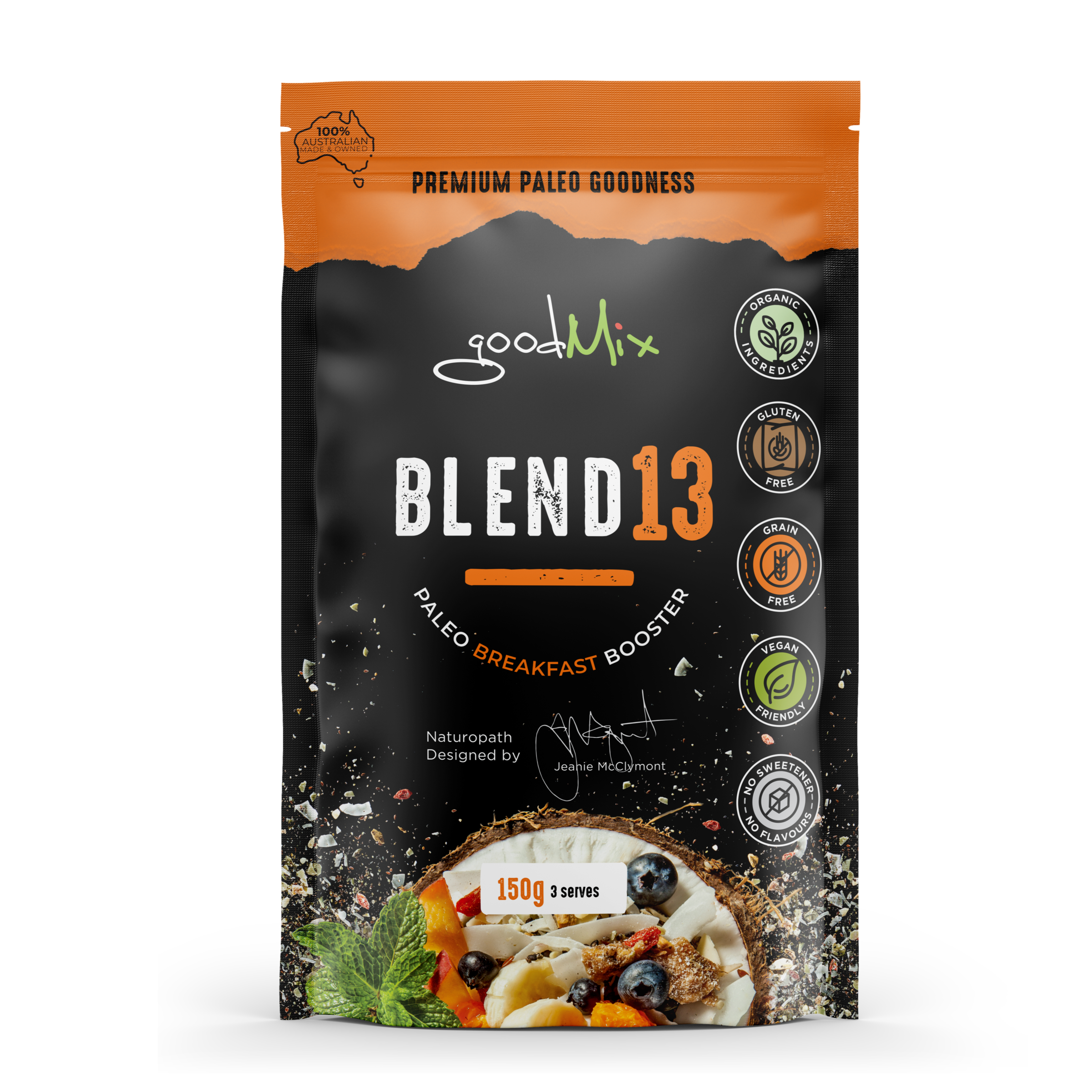
Acid / Alkaline Diets
The acid / alkaline diets are pretty controversial (claims vs scientific mechanisms / studies etc), but everyone agrees that we need to place more focus on getting a higher mineral intake (alkaline minerals = alkaline body is the theory). Alkaline minerals include calcium, magnesium, potassium & sodium - we (modern Australians) are usually deficient in some or all of these. We also do need the 'acid' minerals though too - ie phosphorus, chlorine, sulphur, silica, iodine...There are also acids produced constantly in our bodies, as a natural by-product of metabolism. Some foods leave a more acidic 'ash' than others (after digestion) due to lower alkaline minerals & higher sulphur amino acids / acidic nutrients.
There are so many charts with foods placed in all different categories on the net - it's all very confusing! The general opinion though is that grains / pseudo-grains / nuts / seeds / legumes etc are considered acid-forming (with the exception of buckwheat, millet, quinoa & amaranth - which are alkaline, neutral or only mildly acidic, depending what you're reading!) Anything sprouted or 'activated' is considered alkaline though ...so - that makes (in theory) the only highly acidic ingredient in Blend11 the cacao nibs (but they're also very high in magnesium - an alkaline mineral), confusing! So overall - for anyone interested in an alkalising food / product, Blend11 makes a pretty good choice - especially when compared with most common breakfast foods - ie toast & cereal. (The yoghurt / fruit chosen to combine it with will also influence its pH effect)




